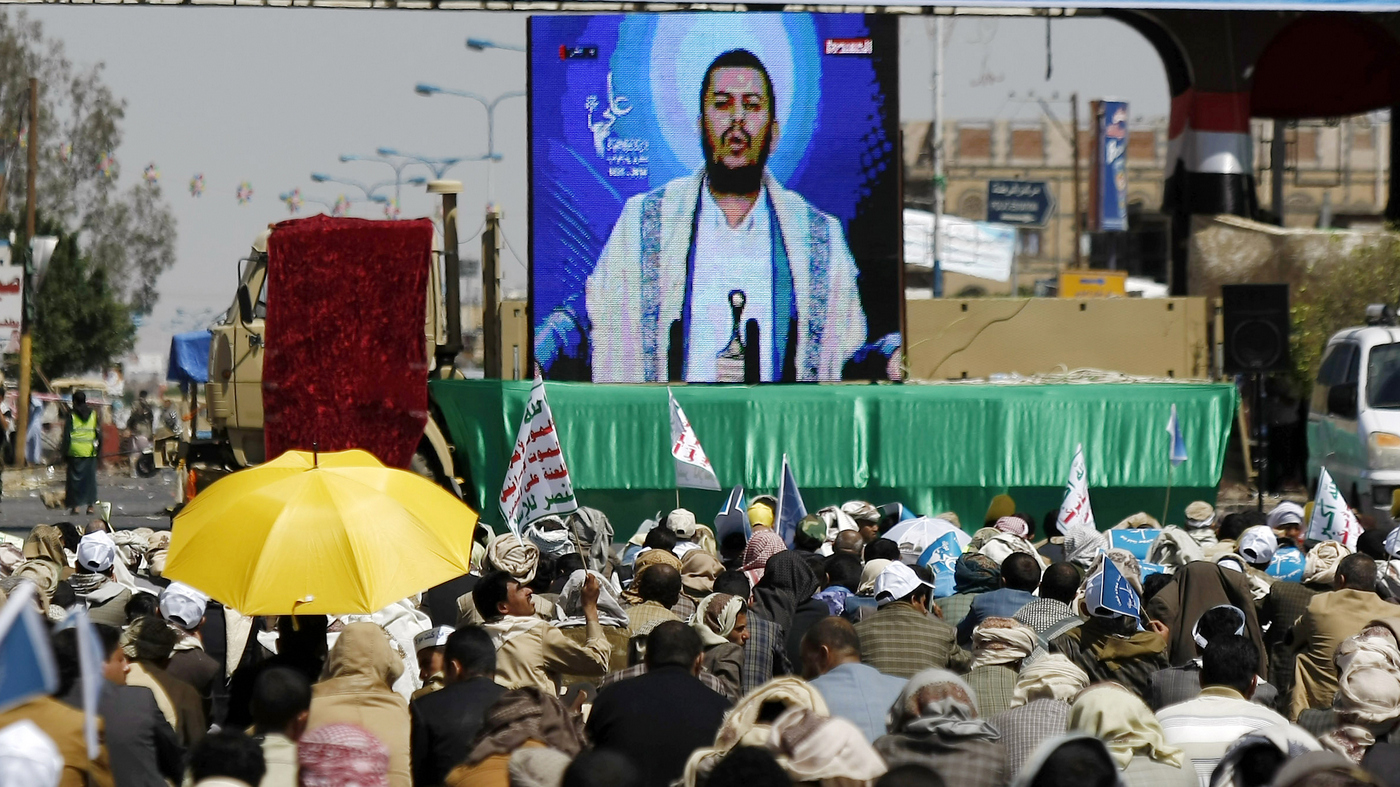Houthis Confirm Prime Minister Killed in Israeli Strike
By Mantasha - Aug 30, 2025
Ahmed Ghaleb Nasser al-Rahawi, the Prime Minister of the Houthi movement, and other officials have been confirmed dead in an Israeli airstrike, prompting concerns about potential spillover effects in Yemen and broader regional tensions. The attack has raised worries about threats to maritime trade, possible retaliatory actions, and implications for global energy markets, highlighting the complex geopolitical dynamics in the Middle East.

Houthis via mintpressnews.com
Ahmed Ghaleb Nasser al-Rahawi, the Prime Minister of the Houthi movement, along with several other officials, have been confirmed dead in an Israeli airstrike as stated by the Iran-backed group. The strike has prompted widespread concern among regional and international actors about the potential spillover effects of further instability in Yemen.
With the Houthis already threatening shipping lanes in the Red Sea, any disruption to their command structure could ignite rapid escalation and imperil vital maritime trade routes. Moreover, analysts warn that the attack may trigger heightened tensions between Israel and Iran, as Tehran’s allied fighters in Yemen may seek to retaliate, raising the specter of broader regional confrontation. Meanwhile, global energy markets remain on edge, as any disruption emanating from Yemen could reverberate through oil supply chains and fuel price volatility.
The recent confirmation of the death of Prime Minister Ahmed Ghaleb Nasser al-Rahawi and other prominent Houthi officials in an Israeli attack has escalated tensions in the region. The Houthi movement, backed by Iran, disclosed the casualties following the strike that targeted their leadership. This incident marks a significant development in the ongoing conflict in the Middle East, adding a new layer of complexity to the already volatile situation.
The assassination of key Houthi figures by Israel not only intensifies the conflict within Yemen but also raises concerns about broader geopolitical implications. Experts suggest that this targeted attack could potentially lead to retaliatory actions from the Houthi group, increasing the risk of further violence in the region. Additionally, the involvement of external forces like Israel in the Yemeni conflict underscores the complex web of alliances and rivalries that define the Middle East geopolitics.
The killing of the Houthi Prime Minister and other officials is expected to have reverberations beyond the immediate conflict, impacting regional stability and oil markets. Analysts warn of potential disruptions to global energy supplies if the situation escalates further, highlighting the interconnectedness of geopolitical events and economic factors. The targeted strike by Israel against the Houthi leadership sets a precedent for future actions in the region, signaling a possible shift in tactics that could have far-reaching consequences for the Middle East.


